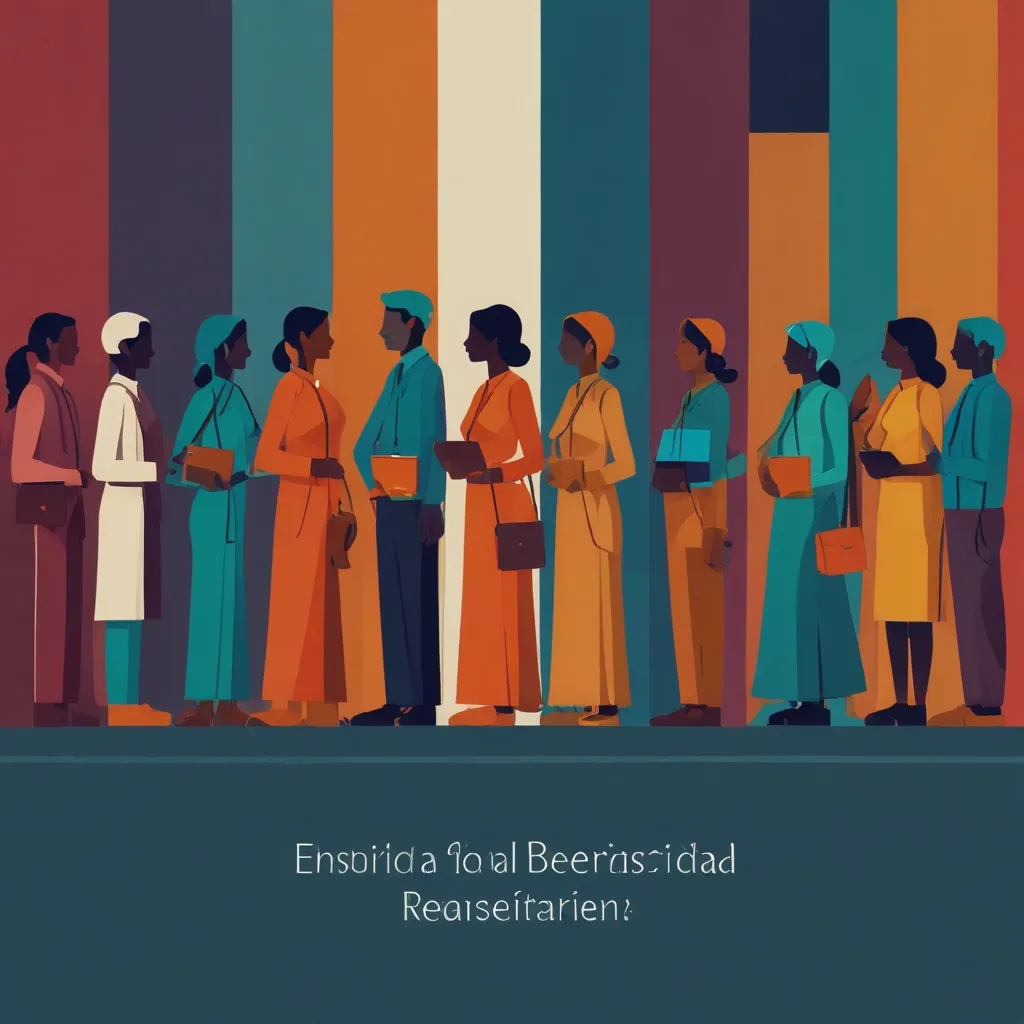Cleopatra, the last active ruler of ancient Egypt, was a member of the Ptolemaic dynasty. This dynasty was founded by Ptolemy I Soter, a Macedonian Greek general and companion of Alexander the Great. The Ptolemies ruled Egypt from the time of Alexander’s death in 323 BCE until the Roman annexation of Egypt in 30 BCE.
Cleopatra VII, known as Cleopatra the Father-Loving Goddess, was born around 70/69 BCE. She was the daughter of King Ptolemy XII Auletes and was destined to become the last queen of the Macedonian dynasty. Despite her Macedonian descent, Cleopatra was the only member of her family who learned to speak the Egyptian language, which she used to connect with her people and enhance her political influence.
Cleopatra’s reign was marked by her political acumen and her ability to navigate the complex web of alliances and rivalries with powerful Roman leaders. One of her most famous alliances was with Julius Caesar, whom she met under dramatic circumstances. According to legend, she had herself rolled up in a carpet and delivered to Caesar’s quarters, emerging as a vivacious young queen. This audacious move captivated Caesar, who was not only impressed by her charm but also saw her as a valuable ally in his political and financial struggles.
Cleopatra’s relationship with Caesar was not just romantic but also strategic. She was rich and powerful, and her influence in Egypt was crucial for Caesar’s ambitions. When Caesar was assassinated in 44 BCE, Cleopatra returned to Egypt and solidified her power by eliminating her brother Ptolemy XIV, making her son Caesarion co-regent with her.
Cleopatra’s next significant alliance was with Mark Antony, one of Caesar’s most powerful generals. Their relationship was both personal and political, as they sought to challenge the rising power of Octavian, later known as Augustus Caesar. Antony and Cleopatra’s forces were defeated at the Battle of Actium in 31 BCE, marking the beginning of the end of her reign.
Despite her military defeats, Cleopatra remained a formidable figure. She was known for her intelligence, linguistic skills, and administrative abilities. She was literate in ancient Egyptian and conversed in several other languages, including those of the Aethiopians, Troglodytes, Hebrews, Arabians, Syrians, Medes, and Parthians. Her command of language and her magnetic personality made her a compelling leader.
Cleopatra’s legacy extends beyond her political achievements. She was a patron of the arts and sciences, and her court was renowned for its scholars and poets. She was also known for her treatises on various subjects, including cosmetics, coinage, chemistry, and gynecology. Her monetary reforms strengthened Egypt’s economy by standardizing the value of bronze coinage, aligning it with the Roman denarius.
The end of Cleopatra’s life is shrouded in legend. According to tradition, she died by allowing a poisonous snake to bite her, rather than surrender to Octavian’s forces. This act was seen as a final gesture of defiance and dignity, ensuring that she would not be captured and paraded as a prisoner in Rome.
Cleopatra’s story has captivated historians and the public for centuries. Her life was a blend of political intrigue, personal drama, and cultural significance. She remains one of the most fascinating figures in history, a testament to the power and intelligence of women in ancient times.






